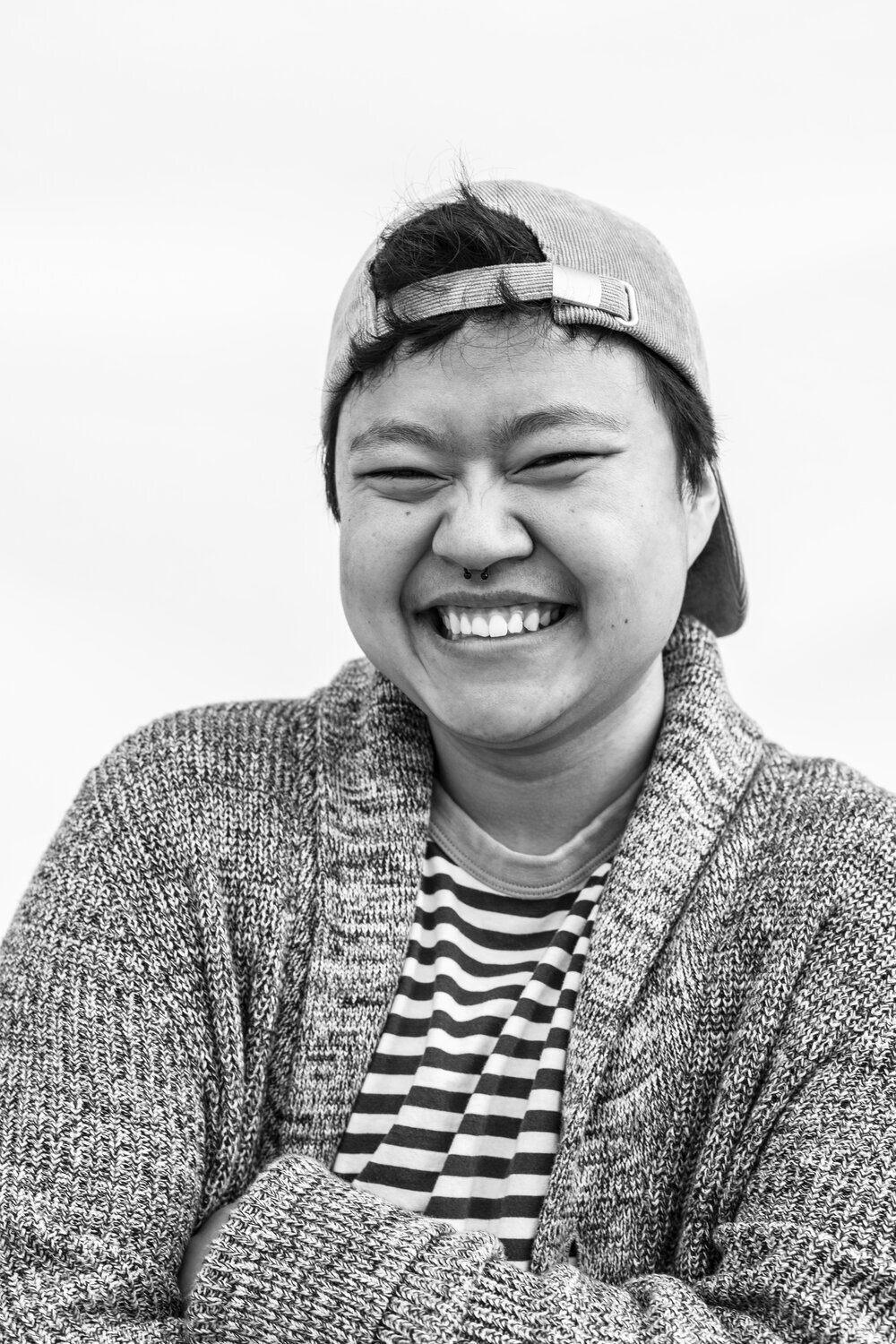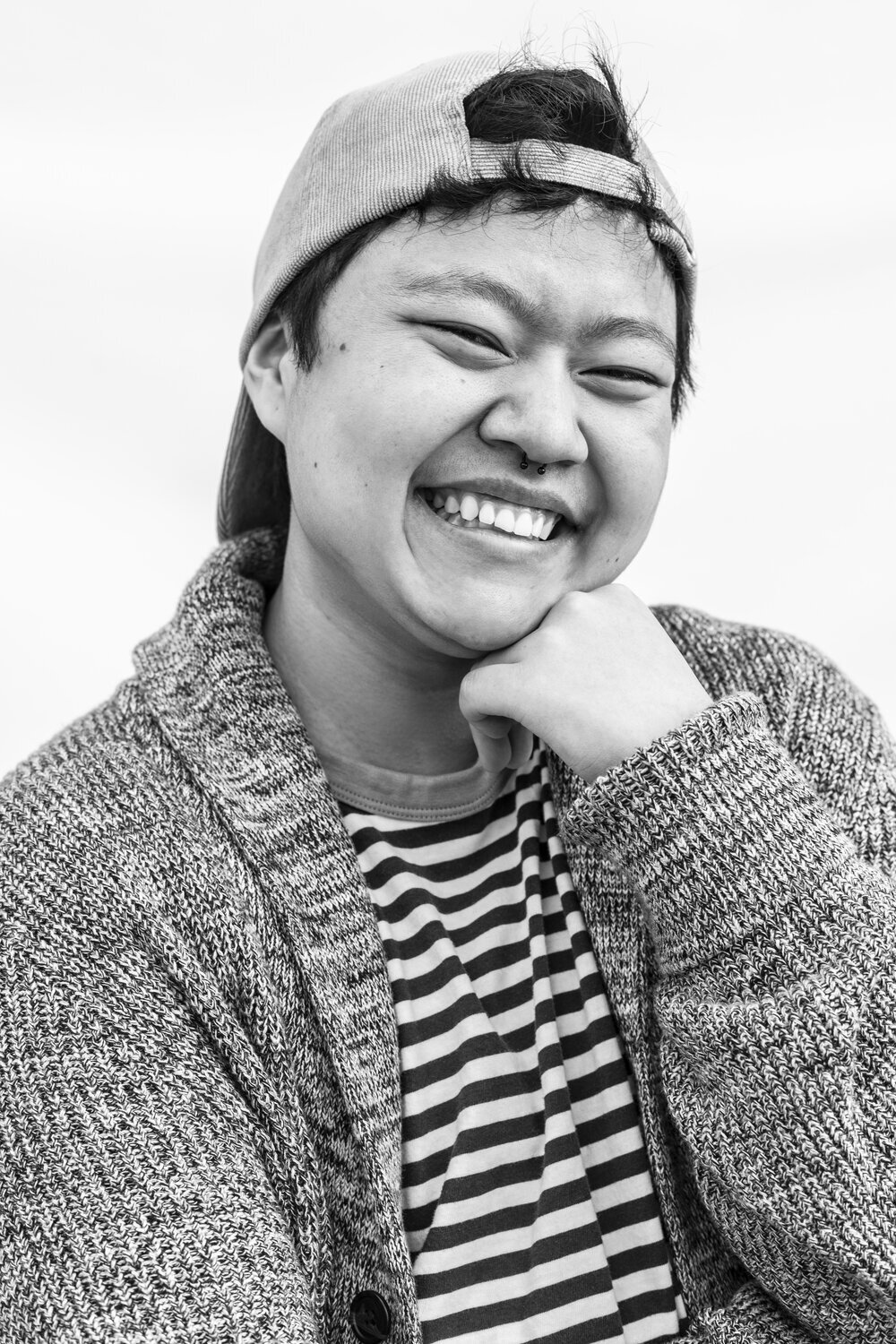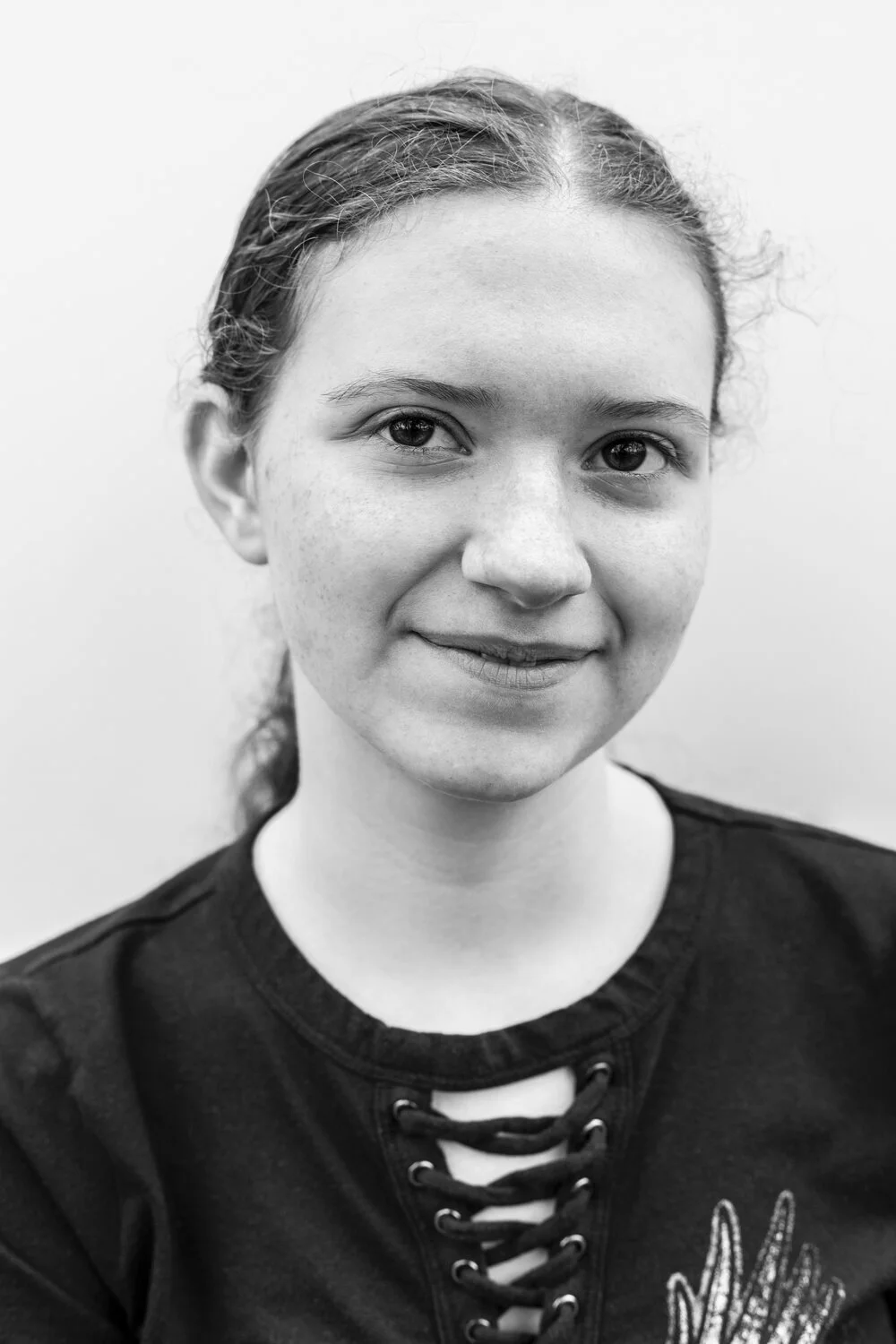SAM
OKLAHOMA | SERIES 4
My journey began in ShiYan China. After birth, I was quickly adopted into an American family. Throughout my life, I grew up in central Oklahoma. Identifying on the LGBTQIA+ spectrum in America’s Bible Belt posed some problems.
Growing up, I was immersed into the Baptist church. Since I was young, my life centered around Bible study groups, Sunday night youth groups, retreats, and mission trips. Since I was active in the church, I had a skewed outlook regarding the LGBTQIA+ community. Hearing comments like “you’re so gay” and “no homo” made me think it was okay to marginalize this group more than they already were. Once I discovered I wasn’t like most of my peers in regards to sexuality and gender, I began struggling with internalized homophobia. I loathed myself for being the person the church told me not to be.
One painful experience I remember vividly happened during a mission trip to Peru. One morning, the news spread that the United States had legalized same-sex marriage. That Sunday, same-sex marriage was the hot topic during the sermon. During that time, I was only out to one person on the trip — so I didn’t really have many people to talk to. I was sitting in the narrow pew in Lima, Peru listening to the preacher talk about homosexuals and their abomination to the earth. By the end of the service, we were praying for America; praying that they would revert the same-sex marriage law. It was really tough hearing the preacher talk about the LGBTQIA+ community with so much hate. The sad thing is this scenario isn’t surprising, and many LGBTQIA+ community members experience the same hate by organized religious groups.
Once I was confident I didn’t identify as straight or cisgender (identifying with the gender assigned at birth), I turned into a ball of depression and anxiety. I never had felt the level of hopelessness than I did attending church multiple times a week knowing I was a “disgrace” to God and his kingdom. My depression became so heavy, I landed in the hospital for a month. This was one of the darkest times of my life. I thought there was no other way to become happy or confident in my true identity. Trying to pull myself out of a deep hole, I decided to attend an LGBTQIA+ youth support group. This decision couldn’t have been better. Walking into the support group, I remember feeling self-conscious because I never had interacted with people who identified on the LGBTQIA+ spectrum. When I walked in, I was greeted with smiles, handshakes, and hugs — I never felt more at peace. During my time at the youth group, I met the first person of color (PoC) LGBTQIA+ identifying individual. To my surprise, this person became my best friend. It was great to finally find a group who were all comfortable in their identity. Connecting with other people who share the same social struggles can really help relieve the loneliness of identifying as LGBTQIA+ in Oklahoma.
Since I have gained confidence in who I am, I spend a lot of my free time advocating for LGBTQIA+ rights and creating visibility for the community. One of my favorite things I have done is help facilitate a local LGBTQIA+ youth support group. High school can be hard for everyone, especially if you identify outside of the gender and sexual norms society has thrust upon the world. Giving back to the community and giving LGBTQIA+ people a safe platform to speak is the only way we will create real change. The struggle for queer and transgender people will be a continuous battle against society. I hope that one day the world will be able to accept everyone for who they are rather than who they aren’t.








